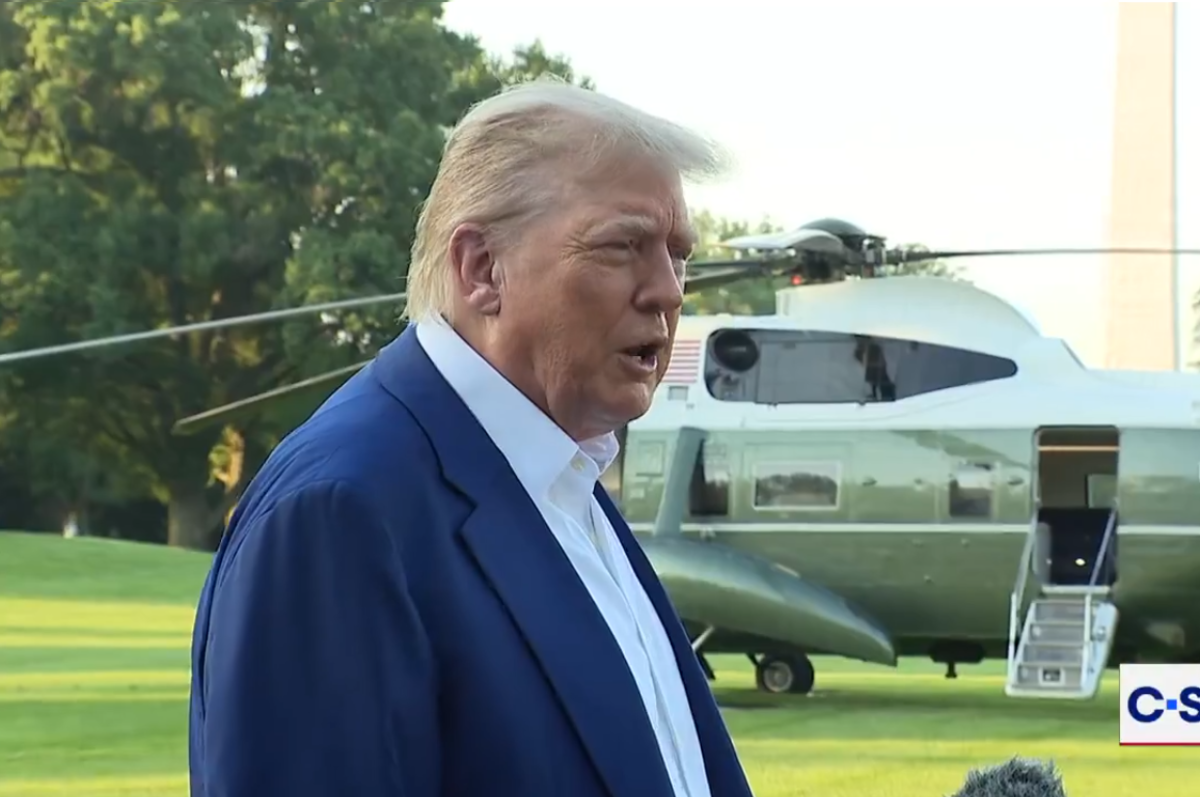Trump Blasts Israel in Fiery Outburst Amid Ceasefire Chaos
In a stunning departure from his usual pro-Israel stance, former President Donald Trump launched a fierce and very public rebuke of Israel this week—accusing the nation of sabotaging a fragile ceasefire with Iran just hours after it was announced.
A Flashpoint on the South Lawn
The dramatic moment unfolded on the White House South Lawn when Trump, visibly irritated, fielded questions from reporters about renewed Israeli strikes. “They’ve been fighting so long and so hard, they don’t even know what the hell they’re doing anymore,” he snapped, voice rising in frustration. He ended the tense exchange with a pointed, “Do you understand that?” before storming off to board Marine One.
Not Just About the Missiles
Sources close to the matter say what angered Trump most wasn’t the violence alone—it was Israel’s apparent disregard for his diplomatic efforts. “I’m not pleased with Israel,” he repeated, blasting its aggressive retaliation to what he described as a “minor” Iranian rocket launch. “If I give you 12 hours, that doesn’t mean bomb everything in the first 60 minutes,” he said, his voice tinged with both sarcasm and fury.
A Rare Rebuke of a Longtime Ally
Trump’s criticism of Israel—a country he often championed during his presidency—sent shockwaves through diplomatic circles. Barbara Leaf, former Assistant Secretary of State for Near Eastern Affairs, called the moment “extraordinary,” noting that open scoldings of Israel by sitting U.S. presidents are virtually unheard of, especially during ongoing hostilities.
A Crumbling Alliance
The outburst highlights the growing strain between Trump and Israeli Prime Minister Benjamin Netanyahu. Once politically inseparable, the two now appear at odds over Israel’s military strategy. Trump, sources say, believes Israel’s escalating tactics are undermining hard-won progress on peace and pushing the region closer to the brink.

U.S. Support for Israel Wavers as Public Sentiment Shifts
American public opinion appears to be shifting. A new Gallup poll reveals that support for Israel has plunged to its lowest level in 25 years. While the U.S. has historically been a staunch ally, many Americans—across party lines—are expressing growing unease over Israel’s military tactics in Gaza. Even longtime supporters now question the scale and impact of the strikes, with humanitarian concerns taking center stage in the national conversation.
Netanyahu Softens Rhetoric as Tensions Rise
Following Trump’s sharp rebuke, Israeli Prime Minister Benjamin Netanyahu issued a carefully worded statement aimed at defusing tensions. He claimed the latest strike was limited, targeting a radar installation in response to what he called an Iranian provocation. It was a noticeable step back from the hardline posture voiced just days earlier by Defense Minister Israel Katz, who had called for deeper strikes into Iranian territory.
Inside the White House: Warnings and Widening Divides
Behind the scenes, U.S. intelligence agencies had reportedly been tracking Israel’s plans for weeks. The Pentagon quietly developed contingency scenarios in the event Trump decided to intervene militarily. But according to senior officials, that order never came.
The flare-up has exposed deeper cracks in the U.S.-Israel relationship. Trump’s decision to skip Israel on his first foreign trip this term—and instead prioritize economic and defense talks with Gulf states—sent an early signal of shifting priorities. Perhaps more striking, U.S. officials recently held clandestine negotiations with Hamas over potential hostage releases—excluding Israel entirely. That break from protocol raised eyebrows in both capitals and underscored a growing lack of trust.
What’s Next for a Fraying Alliance?
While the so-called “12-day war” may be on pause, few believe the calm will last. And with tensions running high in both Tel Aviv and Washington, the future of the U.S.-Israel alliance hangs in the balance. As former diplomat Barbara Leaf cautions, the military clash may be cooling—but the diplomatic fallout is just beginning.